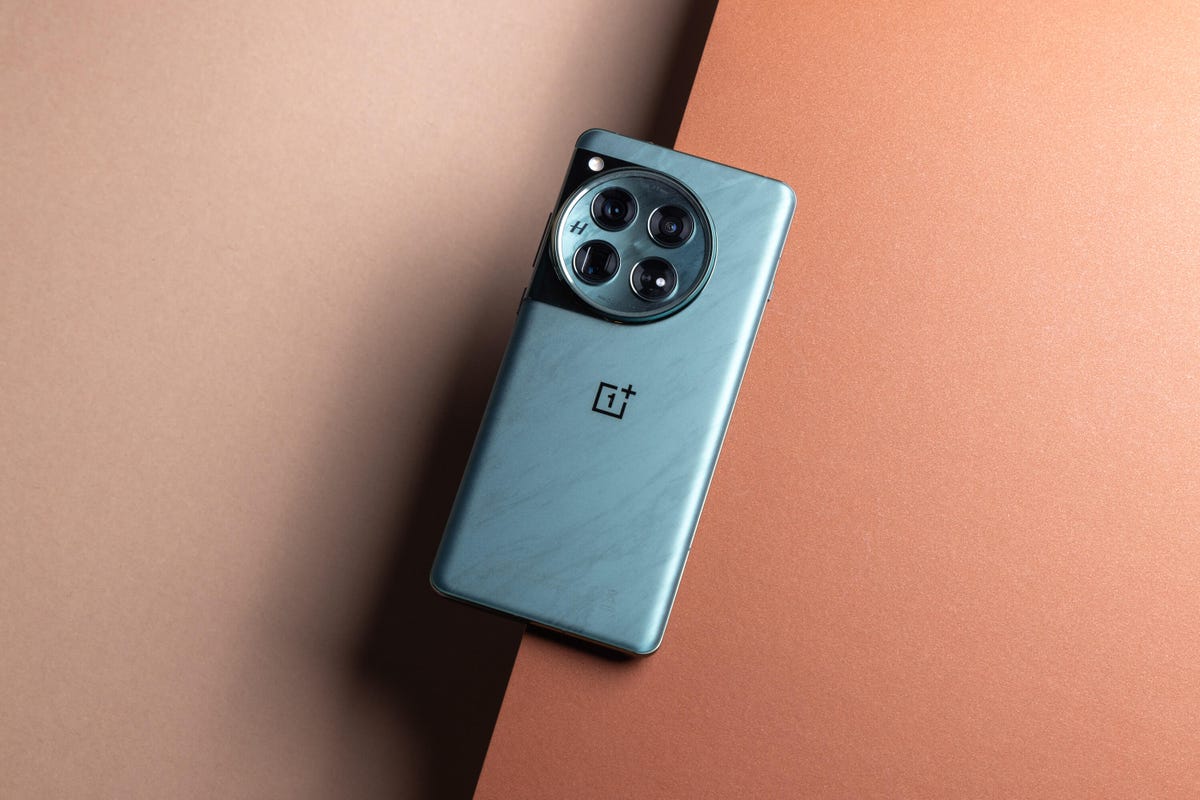
Pizza Emulators Withdraws Its Apps from Google Play Store
What’s going on here?
Nintendo emulator developer Pizza Emulators has announced the removal of its applications from the Google Play Store. The developer, Davide Berra, cites family prioritization as the main reason for this decision. This action comes amidst the landscape where emulation software companies face legal pressures from Nintendo, as seen in the case of Tropical Haze’s settlement with the gaming giant. While Berra did not mention this legal context directly, it’s clear that operating such services comes with significant challenges, both personal and legal. Pizza Emulators was known for its Game Boy and Game Boy Advance emulators on Android devices, creating a niche for classic Nintendo game enthusiasts.
What does this mean?
This means that users of Android devices will no longer have access to the Game Boy and Game Boy Advance emulator apps distributed by Pizza Emulators through the Google Play Store. The decision to shut down and pull these apps highlights the challenges and pressures faced by emulation developers, not just from the technical and developmental aspects but also from legal and personal angles. Developer Davide Berra’s choice reflects the balancing act between personal life and the demands of maintaining and developing emulator apps, especially in a legal environment where companies like Nintendo actively pursue litigation against emulation activities they see as infringing on their copyrights.
Why should I care?
This situation underscores the ongoing conflict between copyright holders like Nintendo and the world of video game emulation. Emulators like those offered by Pizza Emulators provide a means for enthusiasts to revisit classic games on modern devices, but they also raise significant legal and ethical questions regarding copyright infringement and game preservation. Nintendo’s aggressive stance against emulation, exemplified by the lawsuit against Tropical Haze and the $2.4 million settlement, signals the company’s commitment to protecting its intellectual property. This development could affect the availability of emulation options for consumers and spark further debate about the legality and morality of game emulation and preservation.
For more information, check out the original article here.




